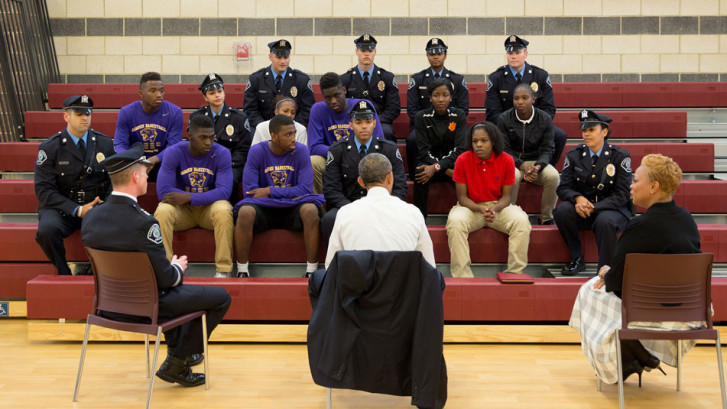Polling v. Marketing Research
As the presidential election cycle heats up, pre-election polling – which is used to gauge candidates’ support and predict election outcomes – is under increased scrutiny. Publications such as the New York Times, Washington Post, US News and World Report have written about recent “disasters”, that is, election outcomes which were not aligned with pre-election polling results.
If Polling is Flawed, How Accurate is Marketing Research?
All of this publicity about flawed polling has generated a degree of panic among some of our clients (and us!). The Melior Group works with all kinds of organizations that are interested in developing quantitative evidence – which some equate with a “poll” — to support decisions including introduction of a new product or service, development of a new marketing strategy, and myriad other information needs. While unexpected election results and the pursuant head-scratching about flawed polling generate headlines, it is the marketing researchers in the trenches who bear the brunt of our clients’ angst. They wonder about the accuracy of quantitative research, and question its role in their decision-making.
Cost-effective, Thoughtful, and Accurate Assessments
So what are marketing researchers to do when their client wants, say, to assess the impact of a marketing campaign through pre- and post-campaign research? In the old days, the knee-jerk approach might be a telephone survey to collect a statistically rigorous sample with a low margin of error – the better to see real “movement” in the data.
But in this new world of ours, we say to our client, “that statistically rigorous sample with the low margin of error is increasingly difficult — and expensive! — to collect.” Just showing them the costs is often enough to change the conversation to, “how can we assess the impact of the new marketing campaign in the most cost-effective, thoughtful, and accurate way possible?”
Meet People Where They Live
One approach is to focus on specific market segments, that is, to truly conduct Marketing Research. Instead of trying to get a representative sample of the whole universe via one polling method, i.e., telephone or online, we recognize that more success can be had by meeting people where they live. For millennials, creative uses of social media can be surprisingly fruitful for marketing research purposes. And for middle-class boomers, online surveys can be just the right approach.
Focusing on specific market segments, and tailoring data collection appropriately, has other benefits too. Just the very process of reconsidering the approach can propel us to be more thoughtful in our determination of what we truly want to learn. Is it more important to see small movements in percentage of awareness and advertising recall, or might our client gain additional benefit from a deeper understanding of attitudes, impressions and brand, within and in comparison to key segments? We would argue that the latter can often be of greater use.
So does that mean we think that pre-election polling is for dinosaurs? Not at all. For a presidential race, say, margins of error can mean the difference between giving up on a state, and doing a full court campaign press. But for marketing research purposes, reflecting on the true usefulness of measures that rely on statistically perfect samples may have unintended, and very positive, consequences.
For more information please contact Elizabeth Cohen at [email protected] or 215-545-0054 x103 or please contact us.


